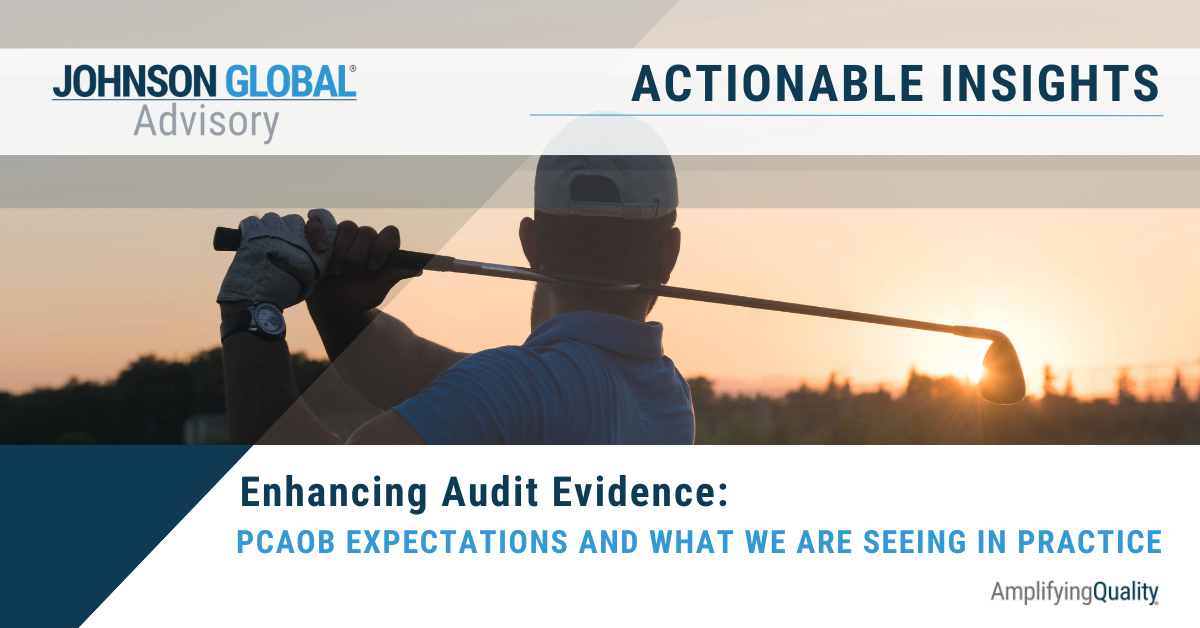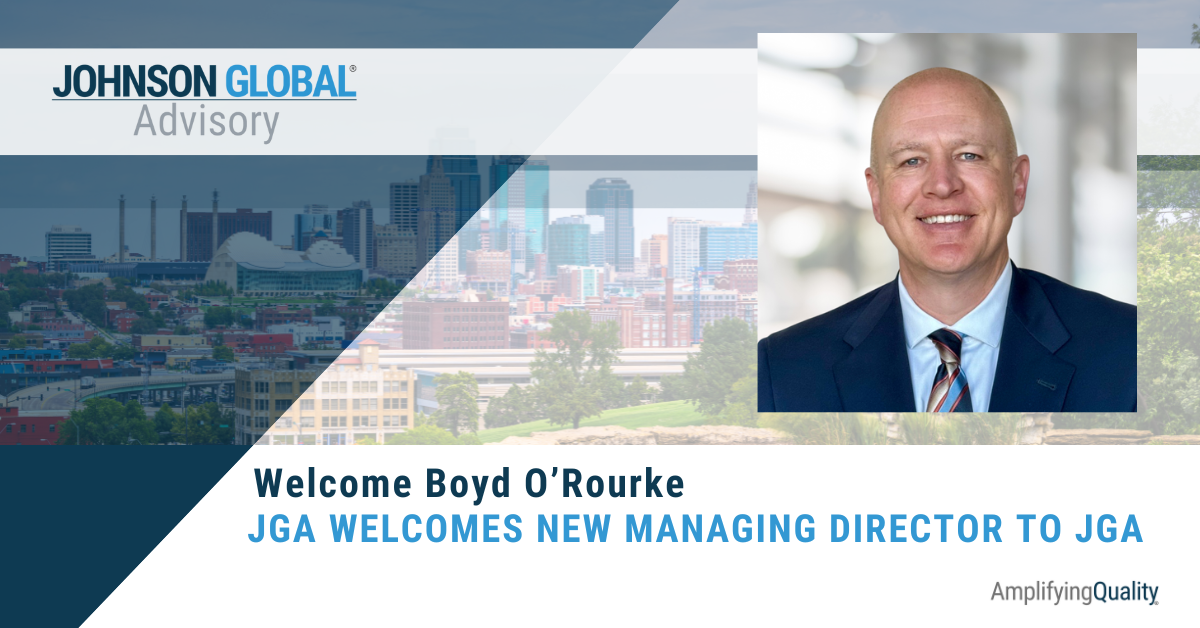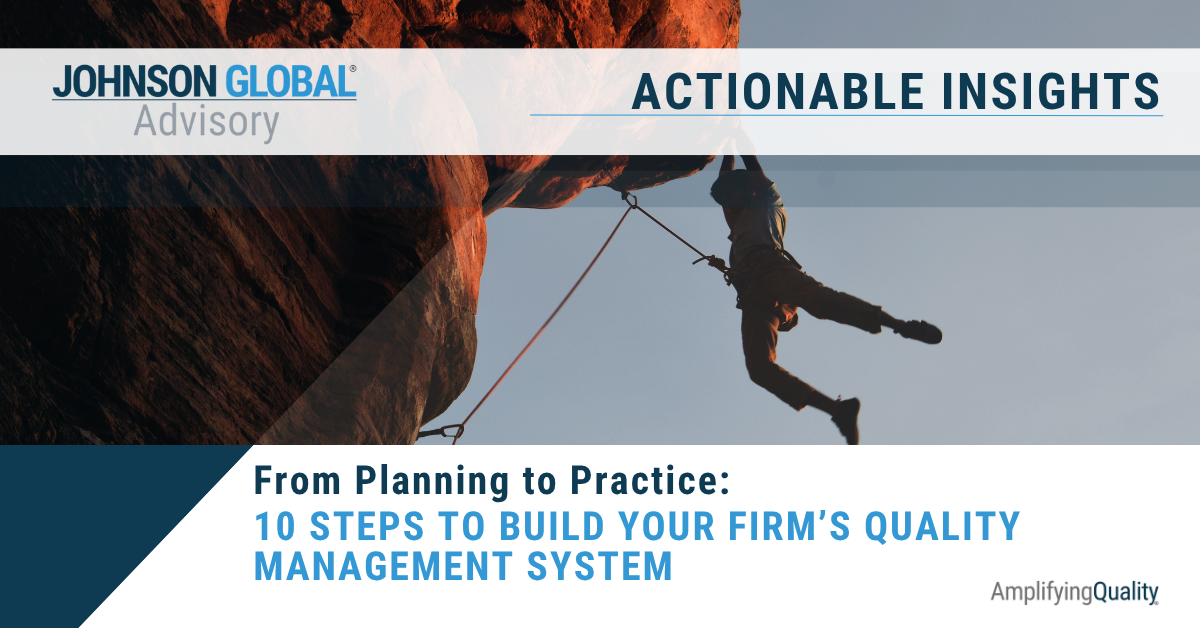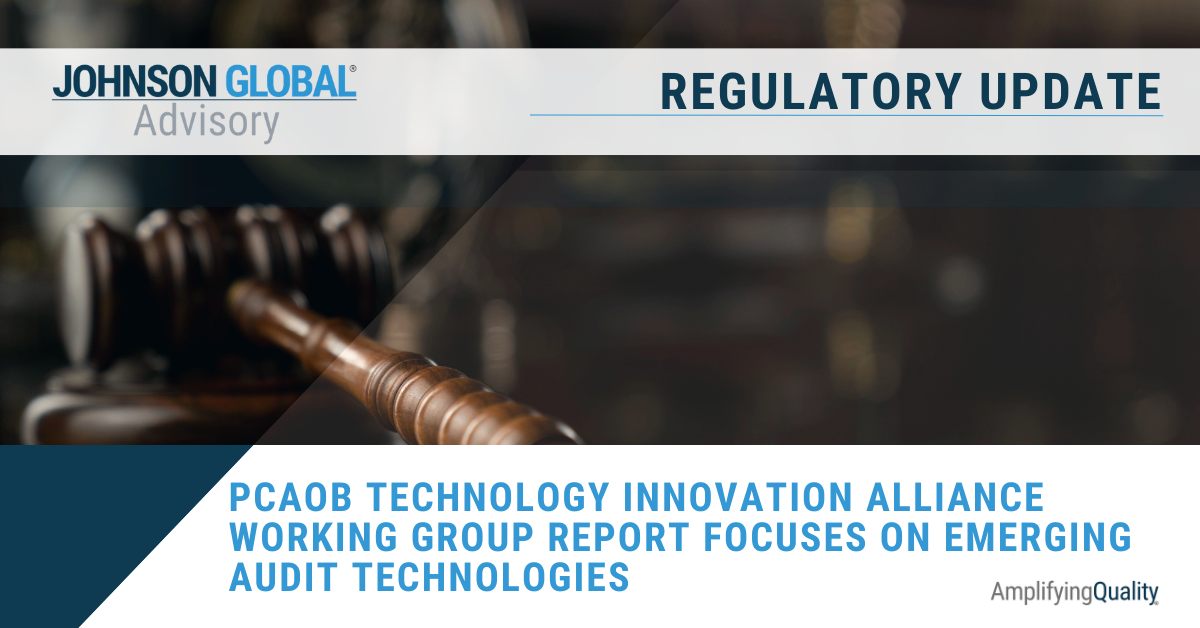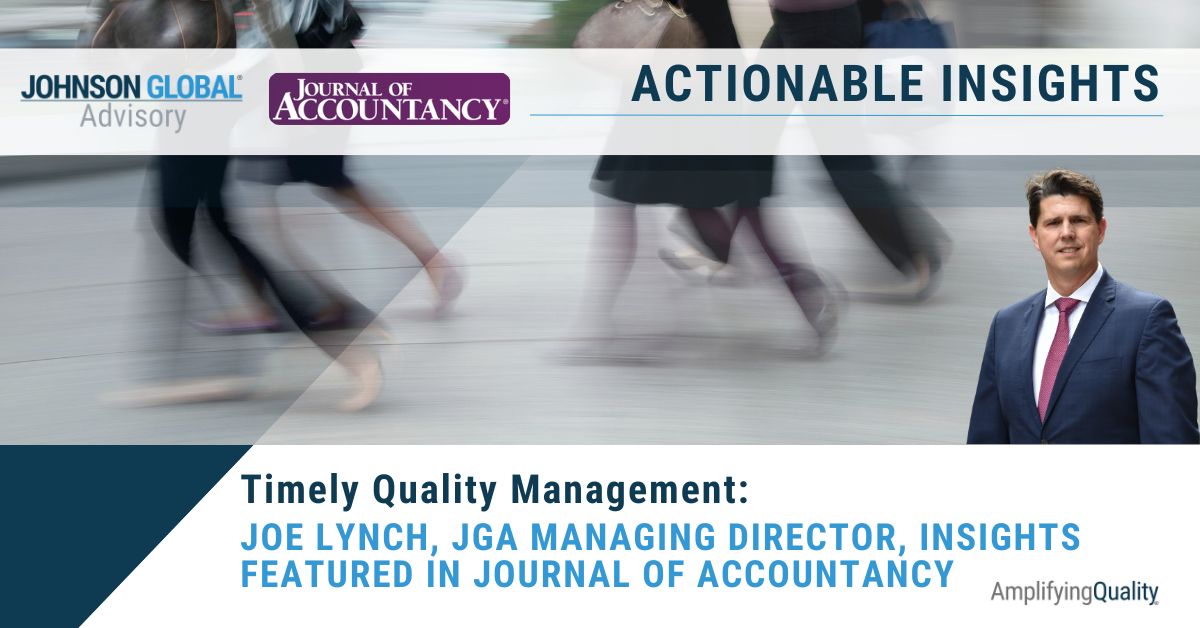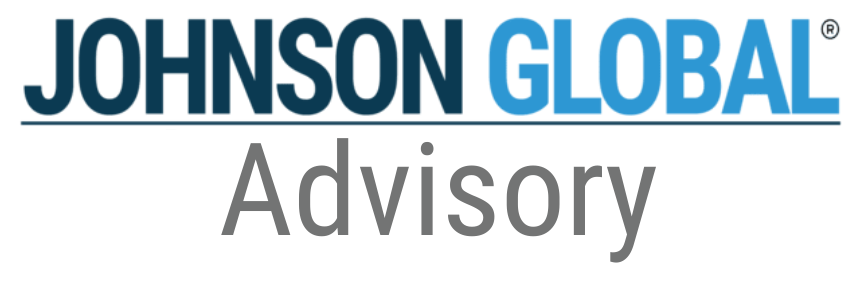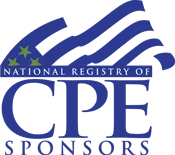Recap of PCAOB Hot Topics from the 2020 AICPA National Conference
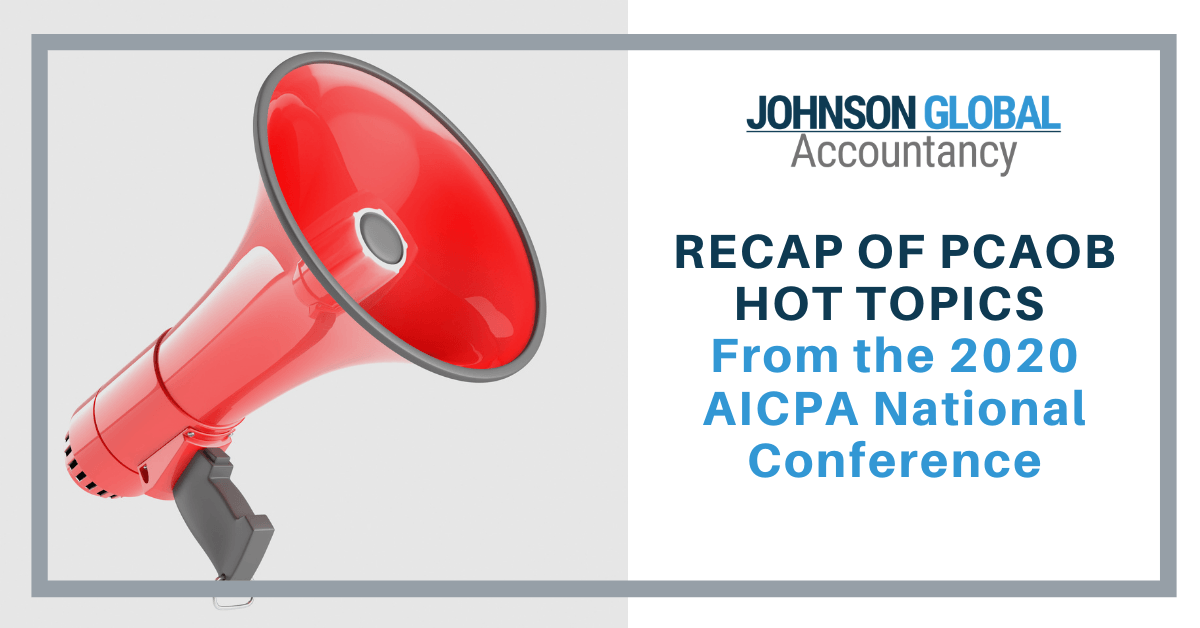
Last week the annual AICPA National Conference on Current SEC and PCAOB Developments was, as always, a great update from a wide variety of speakers covering many accounting and auditing-related topics. It won’t be a surprise to you that in addition to this conference taking place virtually for the first time, the effects and implications of COVID-19 made a ‘guest appearance’ in almost every presenters’ remarks. If you were not able to join the event, here are a few important PCAOB-related topics that were discussed by the Board, its staff, as well as other presenters on PCAOB matters.
Inspection Program Updates: Increased Unpredictability
The PCAOB plans to revise its 2021 inspection approach by selecting more issuers for inspection on a random basis, although still maintaining the same total number of issuers selected for inspection. Recently appointed Board Member, Megan Zietsman, stated that the PCAOB will still continue to focus their inspection efforts on the largest issuers from a market capitalization perspective, however the increased unpredictability in the PCAOB’s issuer selection process should help raise overall audit quality. The PCAOB’s revised approach to increase random selections of issuers is an attempt to encourage audit firms to consistently perform quality audits across their whole practice rather than dedicating their best resources to just those audit engagements that they believe will have a greater chance of being selected for inspection by the regulator.
Board Member Zietsman went on further to state that the PCAOB is planning to select more non-traditional areas of focus for inspections. Over the years, firms have gotten familiar with the types of focus areas that the PCAOB would select for inspection. The change in the Board’s planned approach for inspections is an attempt to bring in some unpredictability into the inspection process and thus increase audit quality.
Our thinking is that all firms should be reflecting on the selection process of their monitoring programs for their pre- and post-issuance reviews. Firms should not focus their monitoring entirely on their larger, “riskier” clients under a traditional risk assessment model but should consider adding some level of additional randomness in their selection process, and in the process consider including some non-traditional focus areas in their monitoring reviews. We will be incorporating aspects of this in our practice monitoring programs that we perform with our clients.
Inspection Reporting Update: Preparing for Delays
As we are all undoubtedly aware, the PCAOB has recently redesigned the format and content of its inspection reports to reduce some of the boilerplate language and to provide more relevant and useful information. All the 2018 annually inspected firm reports have been recently issued in this new format, and all domestics and international triennially inspected firms will follow suit. George Botic, PCAOB Director – Registrations and Inspections, commented that the final 2019 reports for the annually-inspected firms will be released early in 2021 (we understand that some of the annually-inspected firms have already received draft 2019 inspection reports). In addition, because of the significant backlog, the 2018 reports of triennially inspected firms will only be published “over the coming year” 1 .
Just stepping back and looking at this holistically, this means that somewhere around 150 2018 inspection reports (which would be reporting the inspection results of 2017 audits), could theoretically only be issued in late 2021…some four years after these audits were performed. At the end of the day, even if the format of the report is more useful to users of the reports, the lack of timeliness of the information almost makes the information in these reports moot as potentially three more audit cycles have already been completed since these inspections. Back in September 2020, we wrote an article covering this very concern .
Revisions to Part II of the Inspection Report
Board Chairman William Duhnke also discussed changes being made to Part II of the inspection report. Historically, the PCAOB sometimes identified its Part II quality control (“QC”) criticisms based on a single deficiency that the inspectors identified as part of their QC review procedures. As Chairman Duhnke stated during the conference, a firm’s QC system should be designed to provide reasonable assurance, not absolute assurance, of QC compliance and that a single audit deficiency is not always indicative of a problem in a firm’s QC system. To mitigate this, the Board has developed an internal QC evaluation framework which looks at the severity of the identified deficiencies and the likelihood of the deficiency recurring. The intent is to assist the Board to identify those deficiencies that are significant enough that, if not remediated, would make the firm's QC system ineffective. Although a single audit deficiency could still result in a firm-level QC criticism, firms should be pleased that the Board is at least considering a deeper, more thoughtful, and consistent dive into what ultimately gets included in Part II of their reports. The framework will be used starting with the soon to be released 2019 reports.
Remediation Updates: Increasing Transparency and Investor Confidence
Board Member J. Robert Brown discussed his thoughts on where he would like the PCAOB to be vis-à-vis transparency in the remediation process. He indicated that the Board should consider the need for changes to policies and guidance with respect to the remediation process. He raised the point that the Board is not making much information public about how the remediation process works in practice or how the PCAOB determines whether remediation efforts are satisfactory. His remarks included a proposal for the Board to annually publish an aggregate anonymized report that provides greater insight into the QC deficiencies that PCAOB inspectors uncover during the inspection process and how these QC deficiencies are remediated. Ultimately, the beneficiaries of this type of information would include audit firms, audit committees, investors, as well as the PCAOB itself. Board Member Brown stated that disclosure and transparency in the remediation process would facilitate public feedback and contribute to a high level of investor confidence in the audit process.
Personally, I see this as a step in the right direction. Often, when working with JGA clients in troubleshooting deficiencies and determining remedial actions to implement, firm clients ask us how other firms remediated similar issues and how PCAOB remediation staff evaluated the proposed remedial actions historically.
Quality Control Standard Update
It has been exactly a year since the PCAOB released the Quality Control Concept Release for comment. Barbara Vanich, PCAOB Acting Chief Auditor, confirmed that the Board still sees the revised QC standards as a high priority, and they continue to monitor the implementation of the recently revised ISQM1 standard. Firms should already be planning for this eventual QC standard and seeking out resources and tools to get ahead of the eventual requirements.
This insightful conference did not disappoint and it is very clear that there are many changes anticipated in the audit and accounting space expected in the near future. You can rest assured that we will continue to monitor and communicate these updates as they develop.
Read more in our recent JGA articles:
1 On a separate note, JGA has noted that some triennially-inspected firms have started to receive 2019 draft inspection reports under the new format, particularly if the report has no audit or QC deficiencies.
Geoff Dingle, JGA Managing Director, works with PCAOB-registered accounting firms helping them identify, develop, and implement opportunities to improve audit quality. With over 20 years of public accounting experience, he spent nearly half of his career at the PCAOB where he conducted inspections of audits and quality control. Geoff has extensive experience in audits of ICFR and firms’ systems of quality controls. Prior to the PCAOB, he worked on audits in various industries at Deloitte in Atlanta and Durban (South Africa).
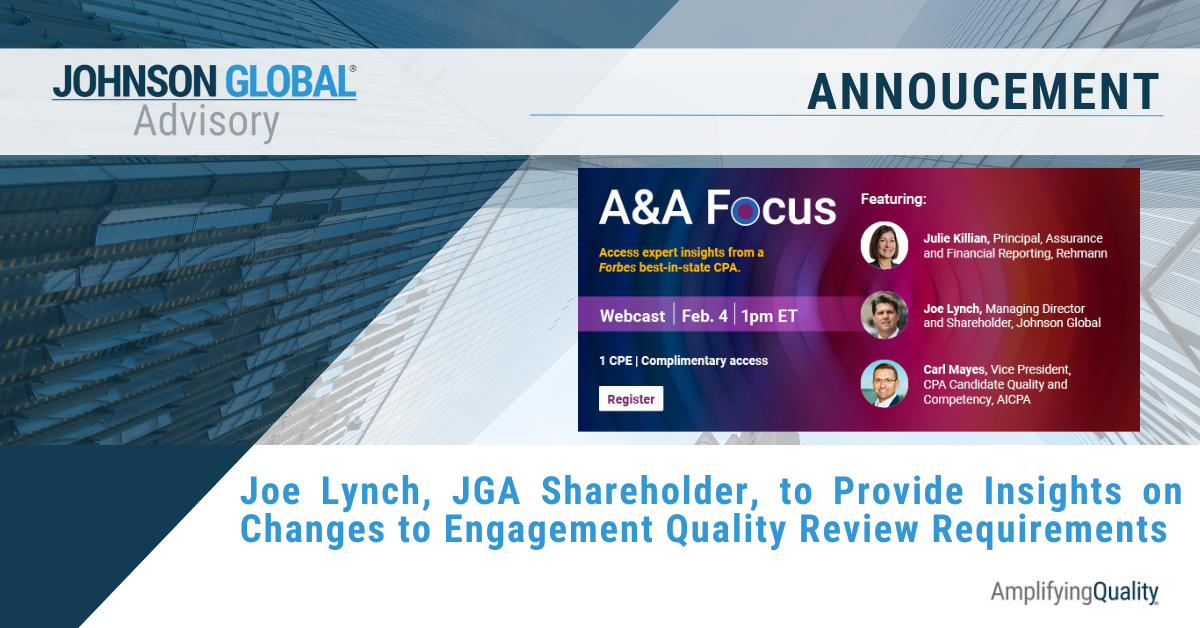
Joe Lynch, JGA Shareholder, to Provide Insights on Changes to Engagement Quality Review Requirements


